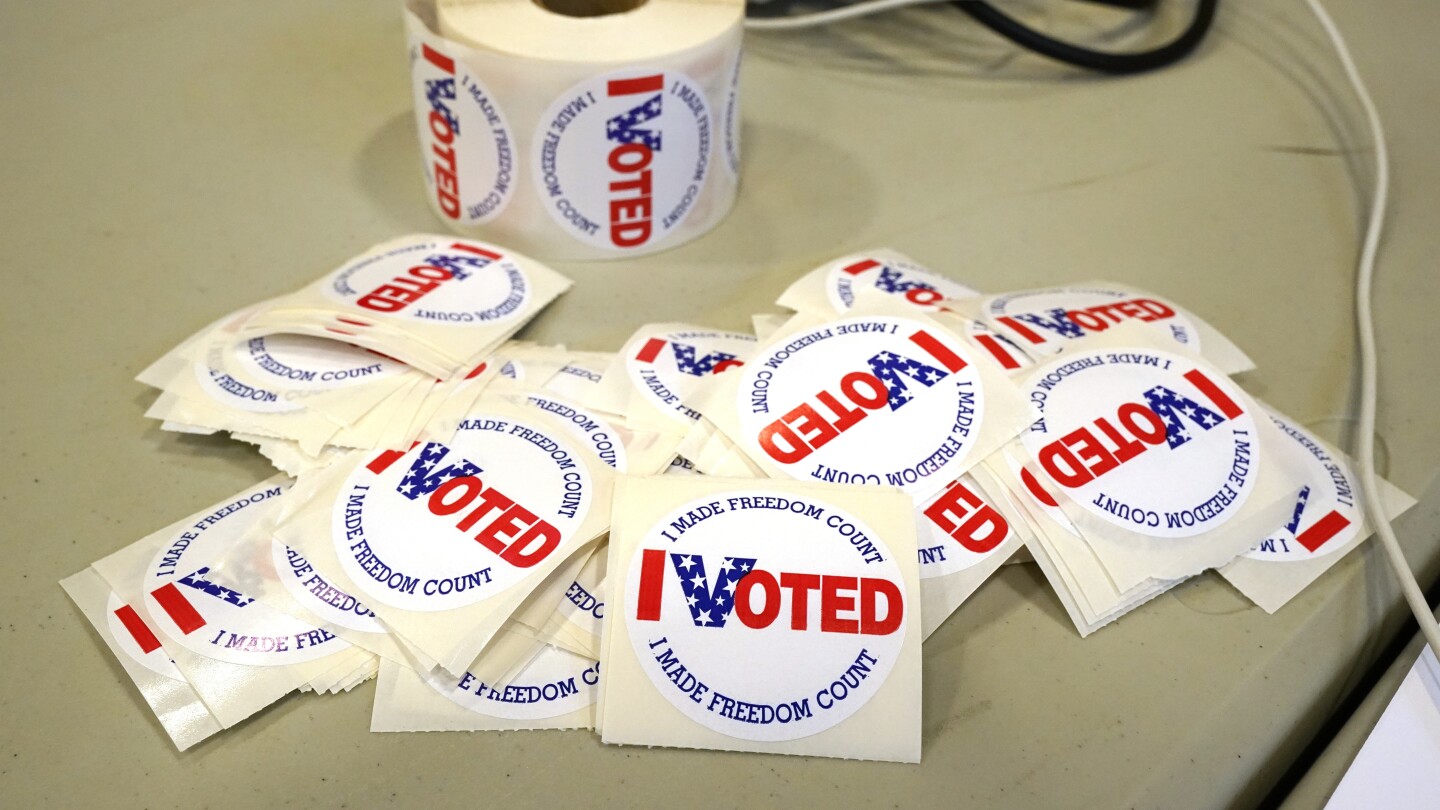- cross-posted to:
- [email protected]
- cross-posted to:
- [email protected]
Nineteen federal appellate judges are scheduled to hear arguments Tuesday on whether Mississippi can continue to permanently strip voting rights from people convicted of certain felonies, including nonviolent crimes for which they have served a complete sentence.
The outcome of the case will likely determine whether tens of thousands of people win back the right to vote. An immediate decision is not expected.
Criminal justice advocates won a major victory last August when a three-judge panel of the New Orleans-based 5th U.S. Circuit Court of Appeals ruled that the ban violates the Constitution’s prohibition against “cruel and unusual” punishment. But the full 17-member circuit court vacated that ruling weeks later and scheduled Tuesday’s hearing.
Attorneys for the state argue that the voting ban is a “nonpunitive voting regulation” and that, even if it did constitute punishment, it isn’t cruel and unusual.



I don’t agree with this stance, but I believe the idea is that people who vote should be those who have a vested interest in the preservation of social order and the governments that ensure it.
Prisoners are kept imprisoned by the government, which means on the whole you’d expect their priorities to trend towards the dissolution of governmental social order.
You’ve also got voter jurisdiction conflicts. Should prisoners have a say in local elections where the prison is housed or should it be their last known residence before they were incarcerated? If the prison population is significant compared to the population of a remote town where the prison may be housed, do we say they don’t get a say in local elections after all?
I’d say before any of these problems can be easily answered, it requires a huge overhaul of the justice system and the way we handle imprisonment as a whole.
Prisoners, who are entirely at the mercy of the state, have more vested interest than anyone else in ensuring that their needs are heard.
Voting for the government to dissolve will never be on the ballot, and even if it was, I’d argue that if a government is keeping enough prisoners that they could vote to dissolve it, that government is the most extreme police state in history and it definitely needs to be dissolved.